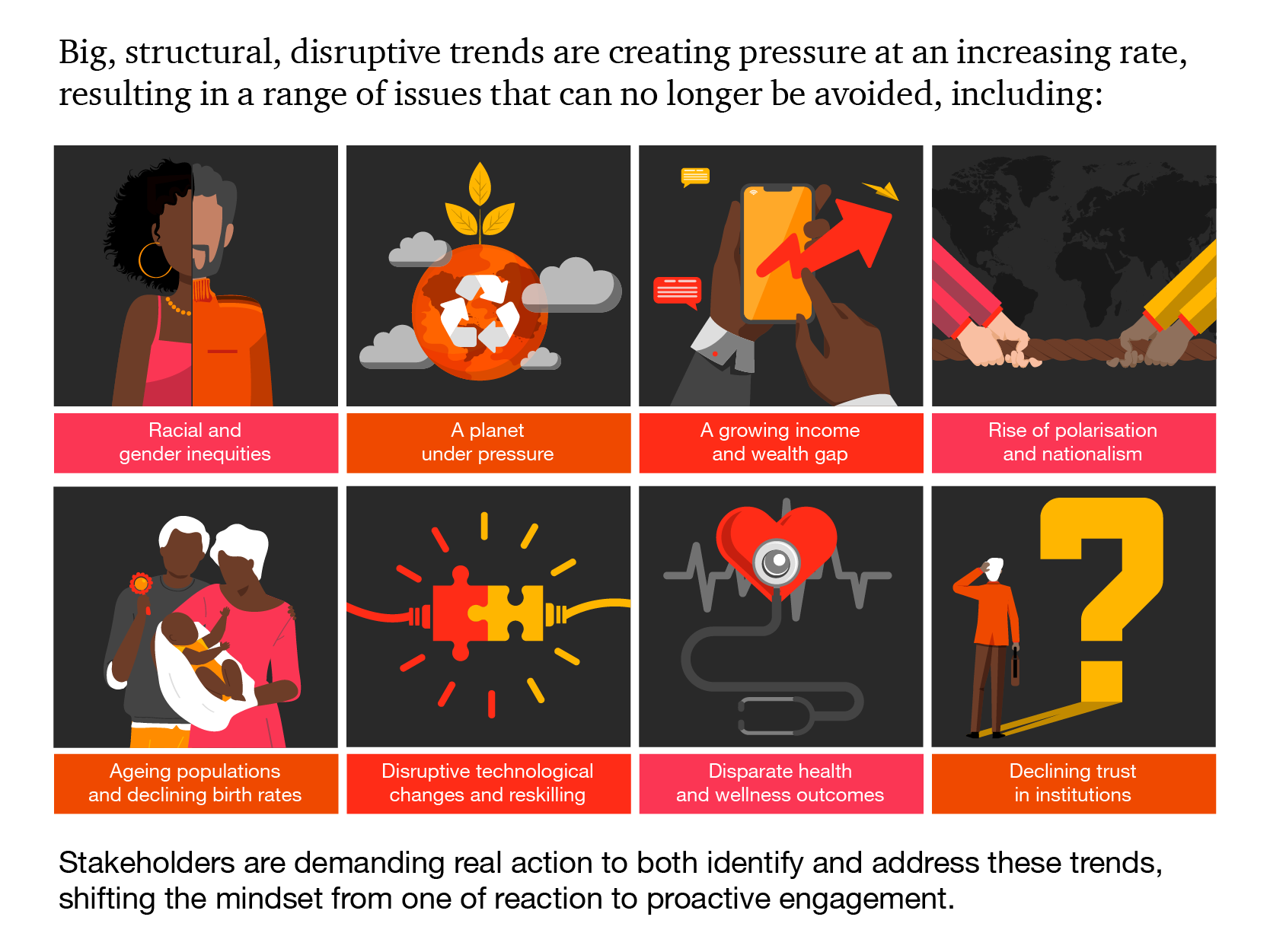
Informing effective ESG risk mitigation and value creation opportunities
ESG Due Diligence and ESG Health Check Capabilities

Overview
Any organisation considering a transaction, whether on the buy or sell-side, needs to ensure that there are no environmental showstoppers (e.g. contaminated land), no social red flags (e.g. human rights issues) and no inherent governance problems (e.g. bribery and corruption).
For stakeholders to ensure that full value creation is both achieved and preserved over the long term, E, S and G considerations need to be adequately assessed and thoroughly understood. Whilst these issues may not be immediately apparent at the point of transaction, they will significantly impact operations and potential exit values.
There is an accelerating case for ESG due diligence in transaction processes:
- Ignoring ESG issues now may significantly impact not only your future exit value, but also reduce the universe of potential buyers.
- Limited Partners (LPs) are prioritising the understanding of ESG impacts, and, in response, General Partners (GPs) are creating more structured ESG programmes.
Managing ESG issues can create long-term value for GPs and their portfolio companies, especially if transformed into a source of competitive advantage.

PwC has the tools, methods and experience to enable clients to effectively drive incremental value from ESG, mitigate risks and ensure long-term value creation both within and outside of the Deals context.
Issues you may be facing
Pressure is mounting for ESG factors to be internalised by companies, and this is a source of both risk and opportunity for company executives. It goes beyond reporting and gets to the core of how executives strategically manage their businesses.

How we can add value
We combine ESG subject matter expertise with a Deals mindset, allowing us to deliver high-quality ESG due diligence addressing the considerations key to transaction stakeholders. Our diligence informs effective ESG risk mitigation and value creation opportunities, supported by our deep economic and commercial understanding, fundamental to any successful transaction.
- Traditional ESG Due Diligence
- SHERQ Due Diligence
- ESG Health Checks
Traditional ESG Due Diligence
Understand and assess materiality, risks, opportunities, financial implications and / or societal impacts
Assess a target’s practices and market dynamics, including comparably company analysis
Recommend priorities for a post-acquisition ESG implementation
SHERQ Due Diligence
Review all Safety, Health, Environment, Risk and Quality (SHERQ) management elements
Policy and governance compliance (ISO standards, etc.)
ESG Health Checks
Provide a high-level view of key stakeholders
Understand key stakeholders' material issues
Assess ESG maturity to identify strengths, gaps, and areas of improvement

























